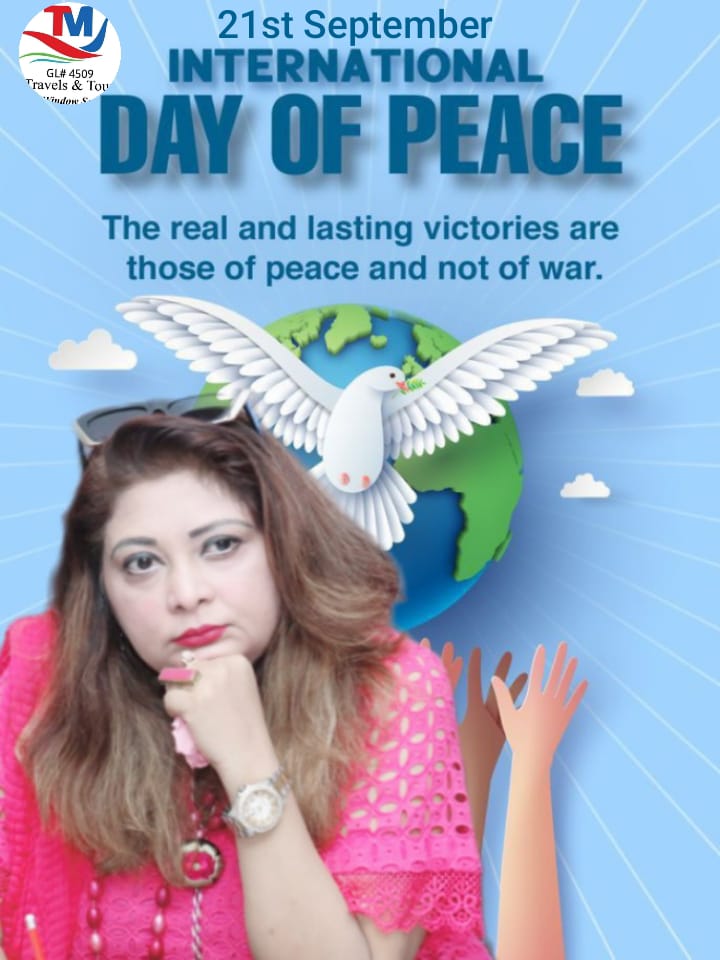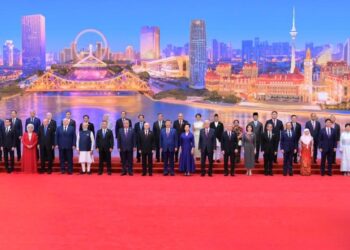By Tassawar Malik

Every year on 21st September, nations across the globe observe the International Day of Peace, a moment dedicated not to politics or power, but to humanity’s shared aspiration for harmony.
Far from being just a symbolic observance, the day serves as an invitation for people to reflect, reset, and reimagine the meaning of peace in contemporary times.
The 2025 theme, “Acting Together for Lasting Peace,” underscores the need for action beyond words. It calls on communities, institutions, and individuals to cultivate peace—whether through teaching conflict resolution in classrooms, embedding fairness in corporate practices, or spreading kindness in everyday interactions.
Peace, experts remind, is not merely the absence of war but the presence of justice, equality, compassion, and dialogue. It requires tolerance in communities, empathy in families, respect in workplaces, and responsibility in personal choices.
In an era when headlines highlight political divides, cultural tensions, and environmental crises, the observance reiterates that unity is not optional but essential. With global challenges ranging from climate change to inequality, fragmented solutions are no longer viable—collaboration across borders and generations remains the only sustainable path.
From tree planting to community volunteering, from moments of silence to choosing dialogue over discord, citizens worldwide are encouraged to take small but meaningful steps. Each action, however modest, contributes to building a culture where peace becomes more than an annual commemoration—it becomes a shared way of life.























